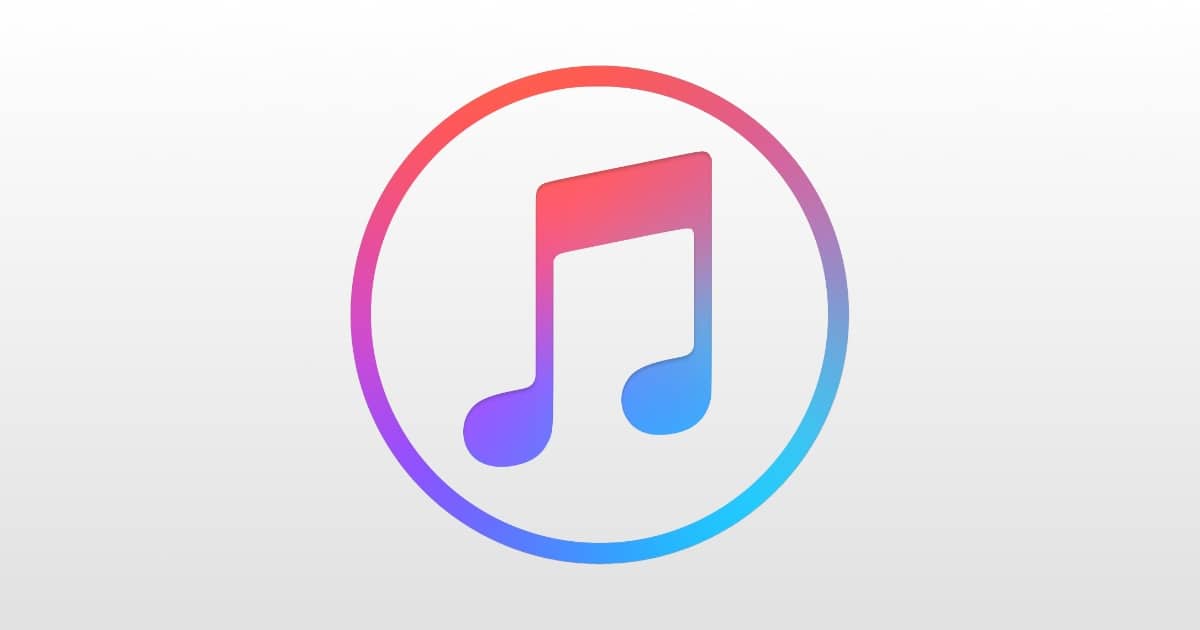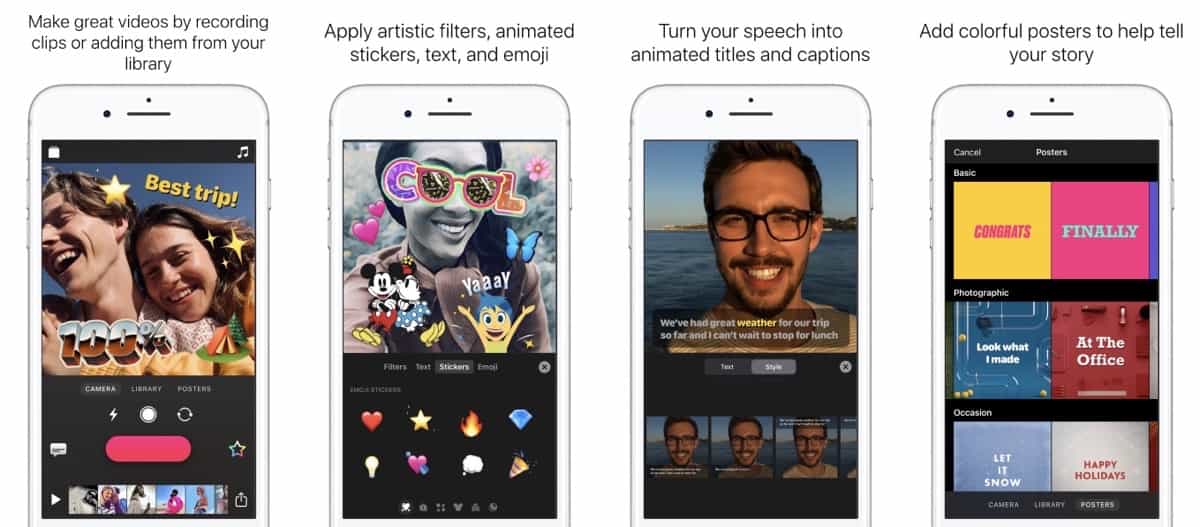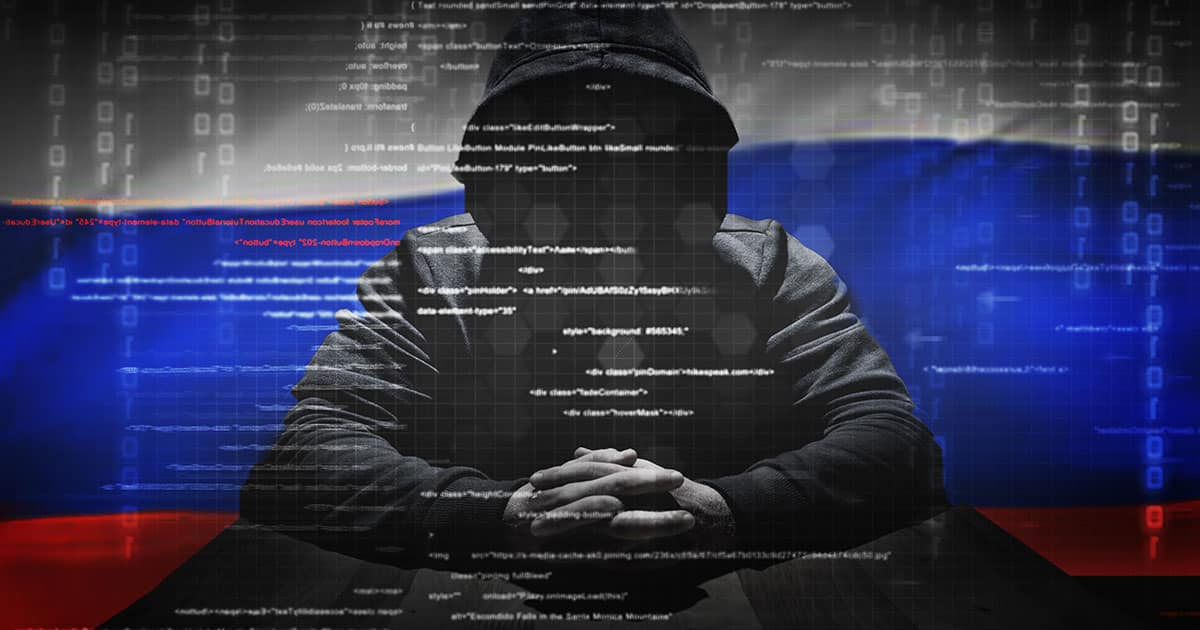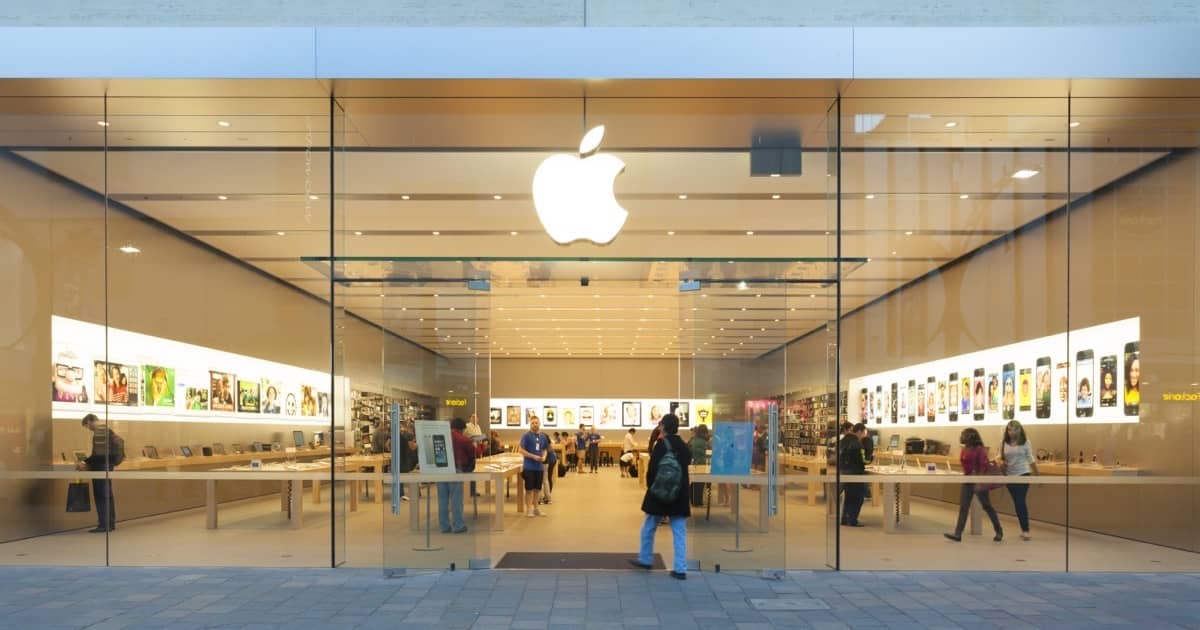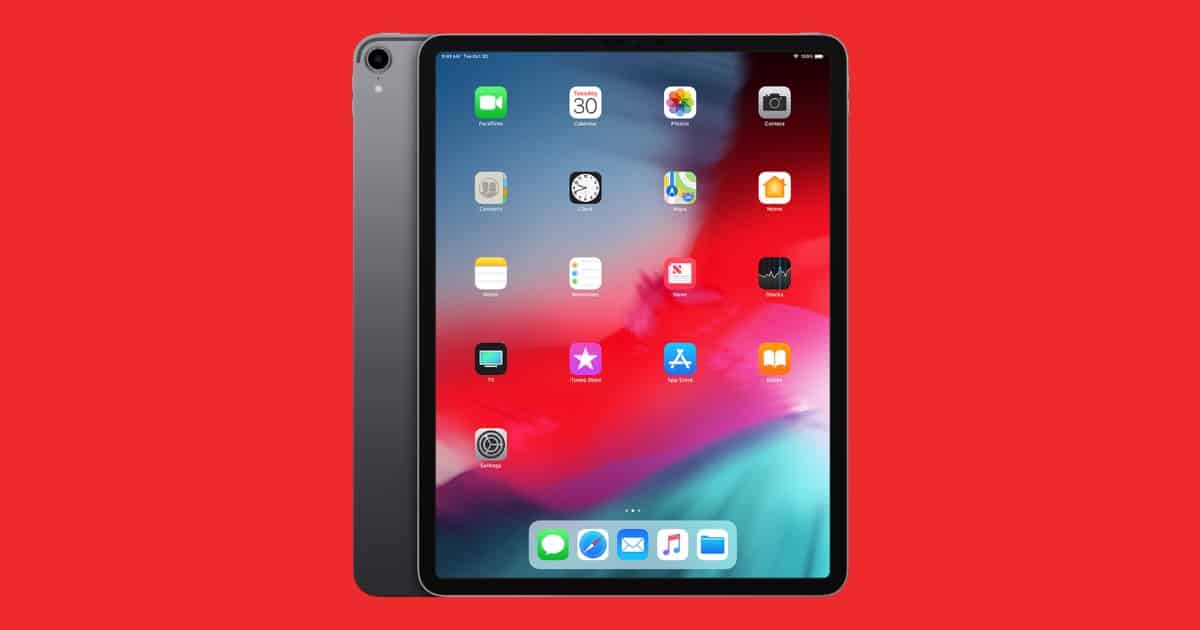Apple helped Stanford Medicine build an app to connect first responders to test sites for COVID-19 if they start to show symptoms.
Articles by Andrew Orr
32 ‘Fleeceware’ Apps Found on App Store
Researchers found 32 fleeceware apps on the App Store, a new term for apps that abuse legal loopholes in app trials.
ProtonMail Users Get Free Storage, ProtonVPN Gets More Servers
Proton is giving users additional storage for ProtonMail at no extra cost, and added 53 additional ProtonVPN servers in 17 countries.
In these turbulent times, we’re reminded of the importance of community and solidarity. With this in mind, we wanted to do our part to help support both the Proton community and others around the world who need support to confront this crisis.
It’s great to see Proton do this. Since it mentions the experimental ProtonDrive product coming in the future, it sounds like this extra storage is permanent.
How to Use Geofencing to Create Location-Aware Reminders
Apple added location-aware reminders all the way back in iOS 6. Improvements have been made since then, and Andrew walks you through them.
Twitter Took Away Your Ability to Stop Sharing Data With Advertisers
Twitter had a feature that users could enable that stopped the company from sharing certain data with advertisers. That feature is now gone.
An option in Twitter’s privacy settings called “Share your data with Twitter’s business partners” used to let you disable sharing of this information. That setting still exists, but Twitter now says it has removed your control over “mobile app advertising measurements.” Disabling the setting can still prevent sharing of other information, such as your interests. Other Twitter privacy settings, like disabling web tracking, are still available. Twitter will not share your name, email address, phone number, or username.
Apple Commits to Hire Over 1,000 Interns This Year
A report today says that Apple plans to hire over 1,000 people for a mixture of online and in-person internships.
How to Lock Your Netflix Profile With a PIN
Netflix added several improvements to enhance its parental control features. One change lets you lock your Netflix profile with a PIN.
Apple Music Fund Gives $50 Million to Indie Labels
Apple Music has created a US$50 million fund for indie labels so that struggling artists can still get paid during the pandemic.
Apple’s Clips App Updated to Support Mice, Trackpads
Apple updated Clips, its creative tool used to send quick, fun videos over social media. Version 2.1.1 appeared yesterday with the following features:Use Clips on iPad with a mouse, trackpad, or Bluetooth keyboard for new ways to create videos (requires iPadOS 13.4); Use the Duplicate button to instantly create a copy of a clip with all its effects; Tap the Split button to divide any clip in two; Make stickers pop on and off the screen—just split any clip and apply stickers to either of the two new sections; Give your video the look of an 80’s arcade game with updated 8-bit stickers and the new Game Over poster; Celebrate spring with the floral Springtime poster; Choose from 11 new Mickey and Minnie Mouse stickers, each with its own expressive animation; Performance and stability improvements.
Will Apple Kill Beats? Probably Not This Year
As shared by The Loop, there is some speculation on whether Apple will end the Beats brand. iMore says Apple should kill it, while 9to5Mac claims to have learned there is no plan to kill it. It started because of a separate rumor that Apple will release over-the-ear headphones under the AirPods brand. Quote from the iMore piece:
If Apple is truly planning to release over-the-ear noise-canceling pair of headphones similar to the Bose 700 has Jon Prosser suggests, it would be incredibly redundant to continue to release Beats as well. The Apple brand is just more valuable to Apple than the Beats brand — plain and simple.
My two cents is that Apple will probably phase out Beats, but not this year. It will be a gradual process over the next 10 years, like how the iPod touch still gets an occasional refresh but otherwise isn’t mentioned. You can’t kill a brand like Beats overnight. Once over-the-ear AirPods come out, and they will, phase one will be complete. There will be an AirPod for each Beats category, because you can’t leave customers hanging without alternatives, thank you very much.
Apple Shares Instructions to Assemble a Face Shield
Apple is producing face shields for medical workers, and added a support document to share instructions on how to assemble one.
Apple Tweaks Maps to Prominently Feature Hospitals, Food Delivery, More
Apple has made some adjustments to Apple Maps to prioritize hospitals, restaurants that offer delivery, pharmacies, and more.
iOS 13.4.1 Just Dropped With Bug Fixes for FaceTime
Apple just released 13.4.1 today for iOS and iPadOS and it fixes a number of bugs that people experienced in iOS 13.4.
Pixelmator Photo 1.2 for iOS Brings ML Match Colors
Pixelmator Photo got an update recently. Version 1.2 adds support for Magic Keyboard, trackpads, and mice, as well as ML Match Colors.
‘iPad Main Menu’ Concept Reimagines App Settings
Alexander Käßner uploaded a concept video called iPad Main Menu. On Reddit he says it’s the result of a bachelor thesis. It introduces app menus that are accessible with an always-present icon on the dock, and/or a three-finger tap. It’s similar to the right-click menu we see on macOS. I love it because it gives you quick access to all app settings, which end up in different locations depending on the whim of the developer (hamburger menus notwithstanding). Main Menu is consistent.
The main menu is split into two columns. We find the most common actions on the left, such as cut/copy/paste, and app-specific features are on the right. Main Menu also works with a keyboard, so you “never lift a finger again.”
Update: Mr. Käßner also has a website for the concept here.
Russia Implicated in BGP Hijacking Incident This Week
Russian telecom company Rostelecom is implicated in a BGP hijacking incident which rerouted network traffic from Akamai, Amazon, Facebook, Google, and others.
BGP stands for the Border Gateway Protocol and is the de-facto system used to route internet traffic between internet networks across the globe…
BGPMon founder Andree Toonk is giving the Russian telco the benefit of the doubt. On Twitter, Toont said he believes the “hijack” happened after an internal Rostelecom traffic shaping system might have accidentally exposed the incorrect BGP routes on the public internet, rather than Rostelecom’s internal network…
But, as many internet experts have also pointed out in the past, it is possible to make an intentional BGP hijack appear as an accident, and nobody could tell the difference.
Totallee Launches UV Phone Sanitizer
Accessory maker totallee launched a UV phone sanitizer today, providing a safe, effective way to clean your phone without using harsh chemicals.
Apple Acquires Irish AI Startup ‘Voysis’
Apple has acquired an AI startup called Voysis, which could be used to enhance Siri’s commerce capabilities.
Senators Question Tim Cook About Apple’s COVID-19 App
Several Democratic senators asked Tim Cook questions about the privacy of Apple’s newly released COVID-19 screening website and app.
US Apple Store Closures to Remain Until Early May
According to a memo Apple sent to employees, it advised that retail store closures in the U.S. will remain until early May.
Facebook Tried to Buy a Hacking Tool to Spy on iPhone Users
According to court filings, when Facebook was in the early stages of building its spyware VPN called Onavo Protect, it noticed that it wasn’t as effective on Apple devices as it was on Android. So Facebook approached a hacking group called NSO Group to use its Pegasus malware.
According to the court documents, it seems the Facebook representatives were not interested in buying parts of Pegasus as a hacking tool to remotely break into phones, but more as a way to more effectively monitor phones of users who had already installed Onavo.
How to Use iCloud Folder Sharing Across iOS and macOS
iOS 13.4 brought back iCloud Folder Sharing after Apple had removed it in a previous release. Here’s how to use it on iOS and macOS.
iPad Pro Adds Mac-Like Microphone Disconnect Feature
MacBooks with a T2 Security Chip have their microphones disabled when the lid is closed. Now the iPad Pro 2020 models have the same feature.
Zoom’s Encryption is Linked to Chinese Servers
Researchers found that Zoom uses its own encryption scheme, sometimes using keys issued by China.
Some of the key management systems — 5 out of 73, in a Citizen Lab scan — seem to be located in China, with the rest in the United States. Interestingly, the Chinese servers are at least sometimes used for Zoom chats that have no nexus in China. The two Citizen Lab researchers, Bill Marczak and John Scott-Railton, live in the United States and Canada. During a test call between the two, the shared meeting encryption key “was sent to one of the participants over TLS from a Zoom server apparently located in Beijing,” according to the report.
I don’t have further commentary on Zoom, other than asking, “How will this end?”








